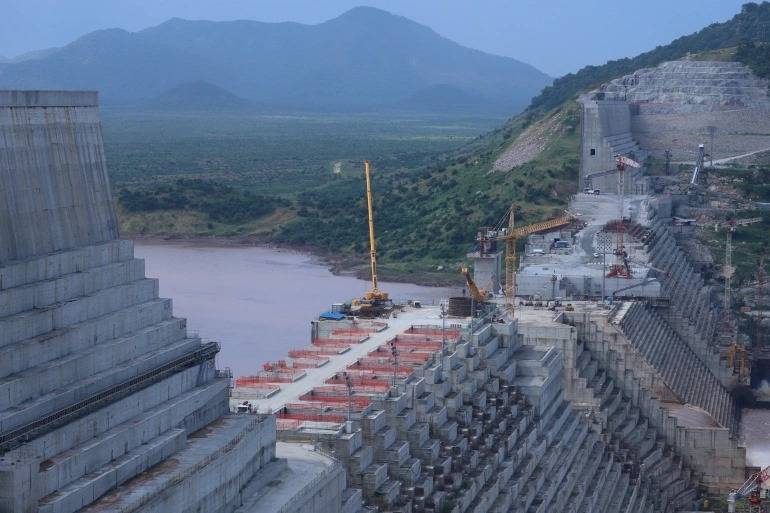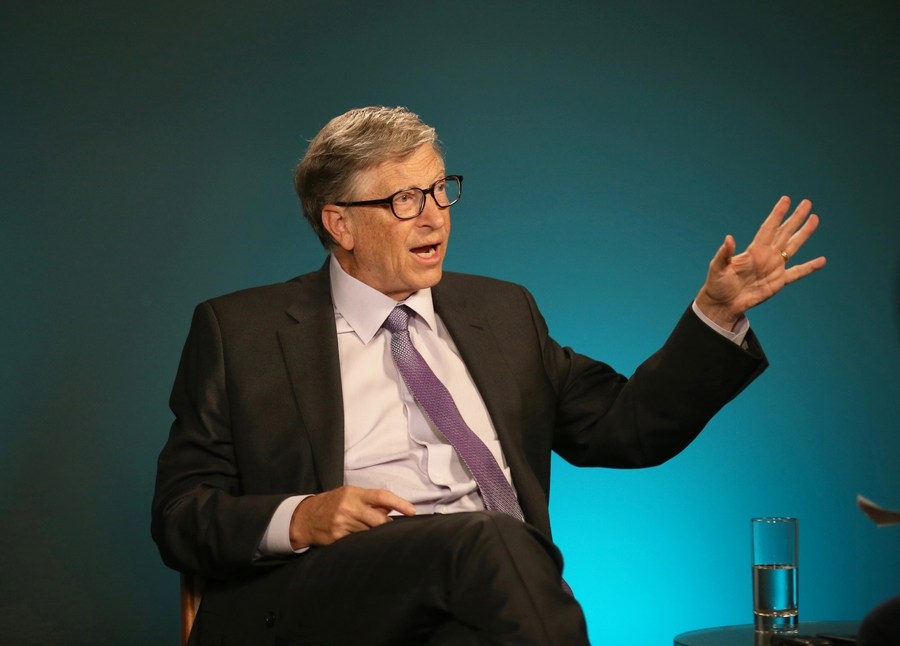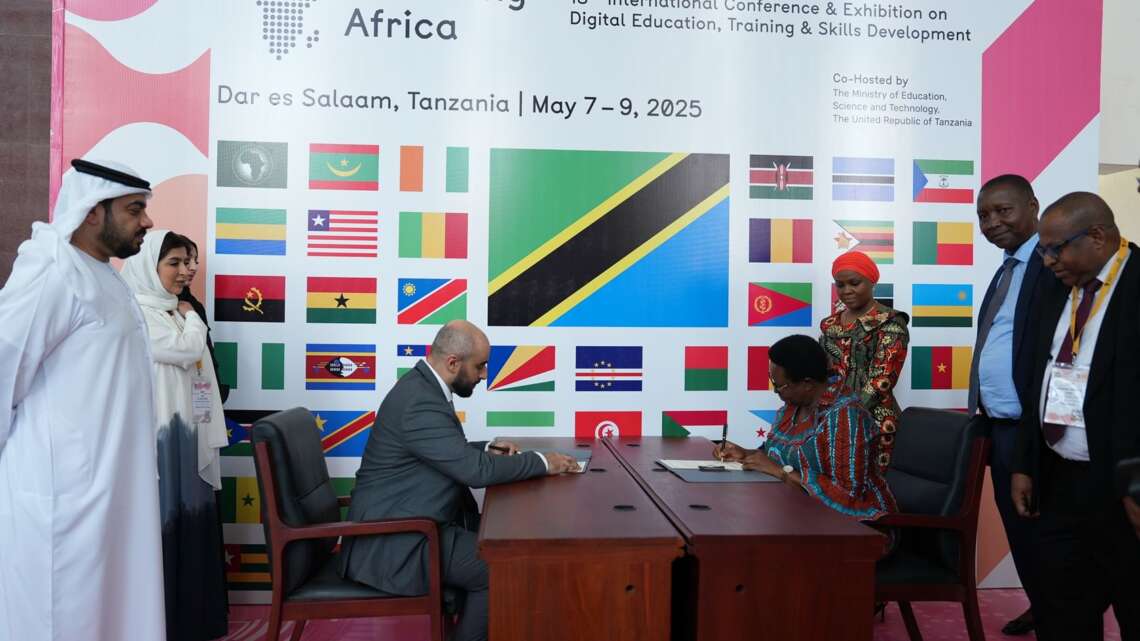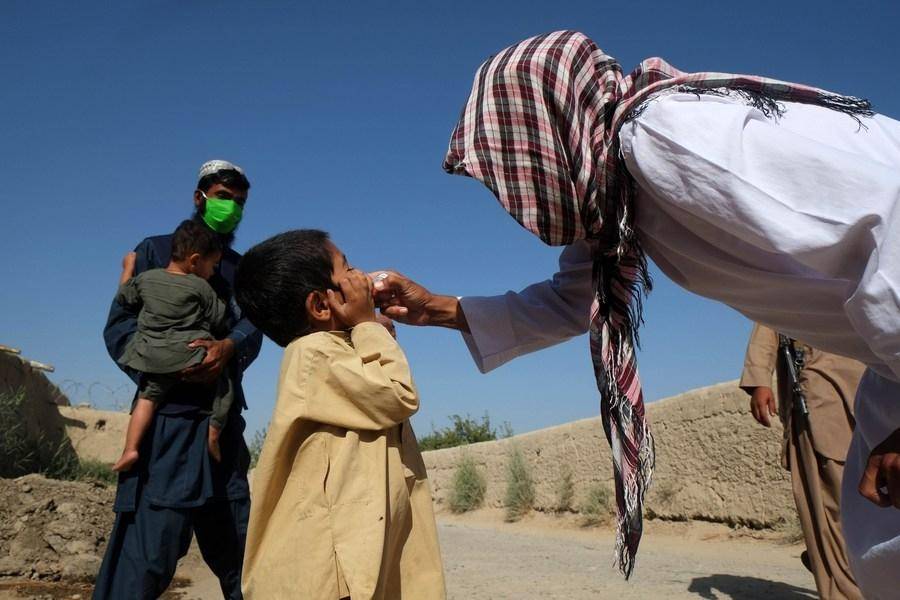Describing it as a “unilateral step”, Sudan rejected Ethiopia’s announcement that the disputed Grand Ethiopian Renaissance Dam (GERD) on the Blue Nile river has started generating electricity…reports Asian Lite News
“Ethiopia’s decision to unilaterally begin operation of the GERD constitutes a violation to the Declaration of Principles signed by the three parties,” acting Irrigation and Water Resources Minister Daw Al-Bait Abdul-Rahman said in a statement.
“Before the move, the Ethiopian side should have provided the other parties with enough information, such as the volume of water expected to exit from behind the dam, to know if the Sudanese reservoirs would be able to absorb it to adopt the necessary precautions,” he said.
Abdul-Rahman stressed that Ethiopia had never informed Sudan of the beginning of electricity production, saying that “this has been done unilaterally, and therefore it is an unacceptable move, regardless of its justifications”, reports Xinhua news agency.
The Minister stressed the need for all parties to sit together to reach a unified vision on the GERD file, saying “Sudan’s interest is a red line”.
On Sunday, the Ethiopian government announced its grand hydroelectric dam has started generating electricity, where the country’s Prime Minister Abiy Ahmed officially inaugurated the first power generation of the GERD, which is set to be the largest hydroelectric plant in Africa.
ALSO READ: Sudan stresses need for binding solution to Nile dam issue
Sudan, Egypt and Ethiopia have been negotiating under the African Union over technical and legal issues related to the filling and operation of the GERD.
Sudan proposed a mediation quartet of the UN, the European Union, the US and the African Union regarding the GERD issue, while Ethiopia rejected the proposal.
Ethiopia, which started building the GERD in 2011, expects to produce more than 6,000 megawatts of electricity from the project, while Egypt and Sudan, downstream Nile Basin countries that rely on the river for its fresh water, are concerned that the dam might affect their water resources.













